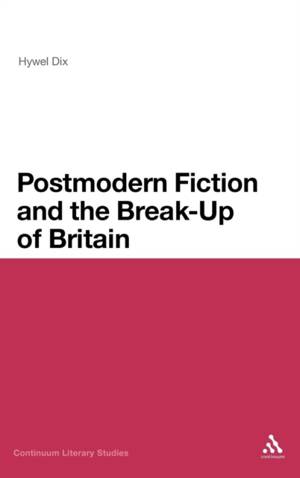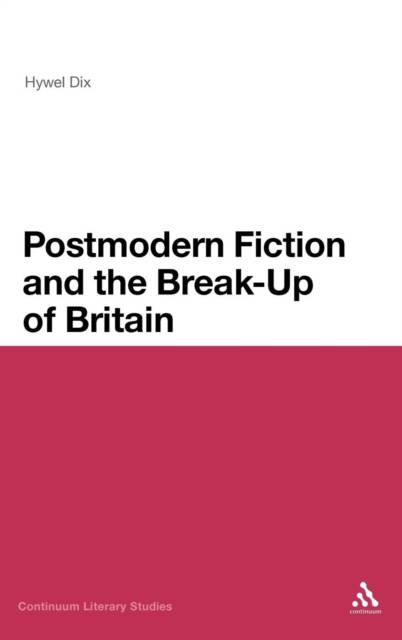
- Afhalen na 1 uur in een winkel met voorraad
- Gratis thuislevering in België vanaf € 30
- Ruim aanbod met 7 miljoen producten
- Afhalen na 1 uur in een winkel met voorraad
- Gratis thuislevering in België vanaf € 30
- Ruim aanbod met 7 miljoen producten
Omschrijving
This study explores how British identity has been explored and renegotiated by contemporary writers. It starts by examining the new emphasis on space and place that has emerged in recent cultural analysis, and shows how this spatial emphasis informs different literary texts. Having first analysed a series of novels that draw an implicit parallel between the end of the British Empire and the break-up of the unitary British state, the study explores how contemporary writing in Northern Ireland, Scotland and Wales contributes to a sense of nationhood in those places, and so contributes to the break-up of Britain symbolically.
Dix argues that the break-up of Britain is not limited to political devolution in Northern Ireland, Scotland and Wales. It is also an imaginary process that can be found occurring on a number of other conceptual coordinates. Feminism, class, regional identities and ethnic communities are all terrains on which different writers carry out a fictional questioning of received notions of Britishness and so contribute in different ways to the break-up of Britain.
Specificaties
Betrokkenen
- Auteur(s):
- Uitgeverij:
Inhoud
- Aantal bladzijden:
- 178
- Taal:
- Engels
- Reeks:
Eigenschappen
- Productcode (EAN):
- 9781847064073
- Verschijningsdatum:
- 4/05/2010
- Uitvoering:
- Hardcover
- Formaat:
- Ongenaaid / garenloos gebonden
- Afmetingen:
- 186 mm x 235 mm
- Gewicht:
- 412 g

Alleen bij Standaard Boekhandel
Beoordelingen
We publiceren alleen reviews die voldoen aan de voorwaarden voor reviews. Bekijk onze voorwaarden voor reviews.







